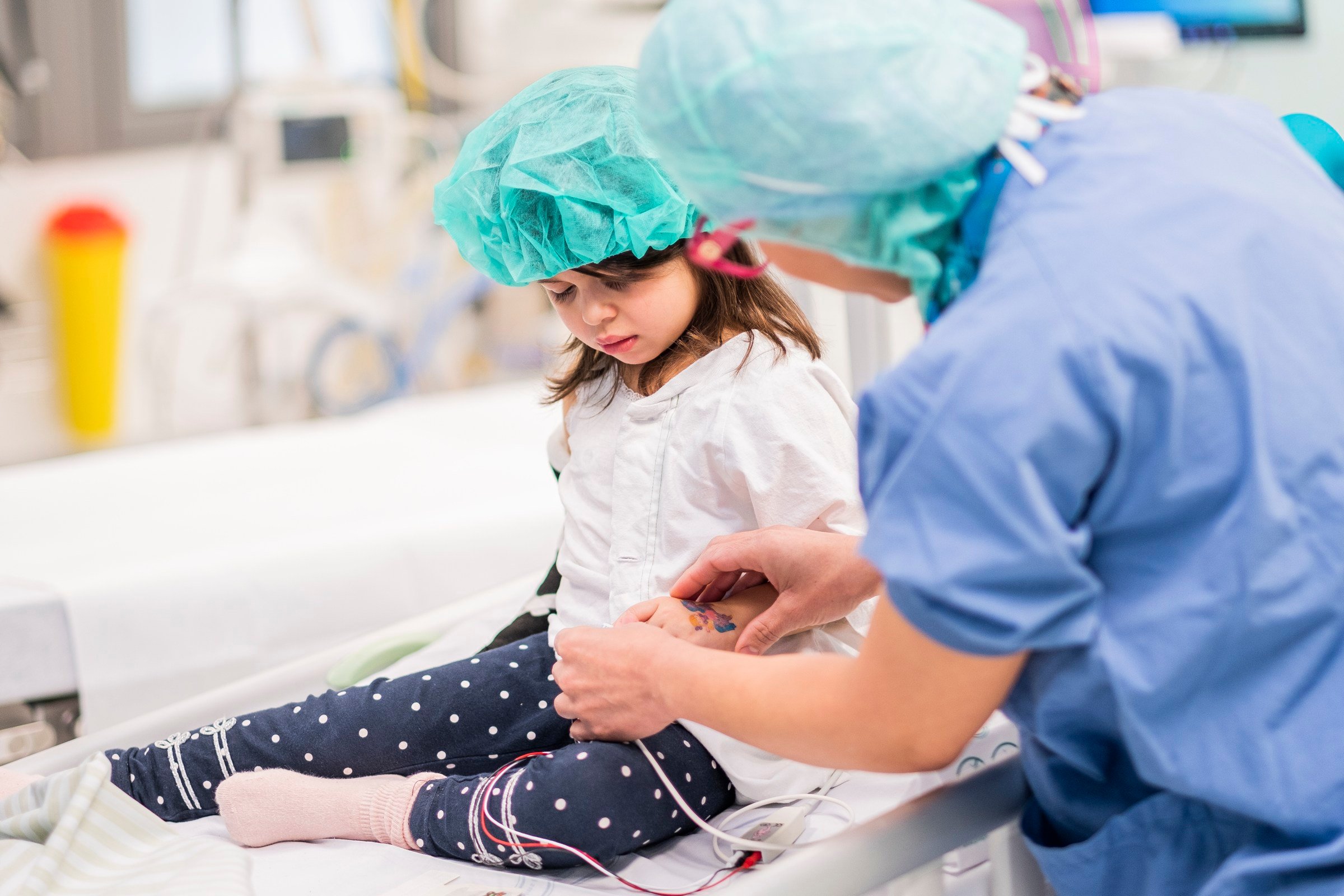Whole genome sequencing becomes clinical routine for all cases of pediatric cancer

This national pilot project, conducted under the auspices of Genomic Medicine Sweden and funded by, among others, the Ministry of Health and Social Affairs and the Children's Cancer Foundation, is now becoming part of the routine care at Astrid Lindgren's Children's Hospital at Karolinska University Hospital.
The implementation of whole genome sequencing of tumor and normal tissue, as well as analysis of genetic predisposition, is now being integrated as a clinical routine for all pediatric cancer diagnoses, with funding from the Stockholm Region through Karolinska University Hospital's budget.
This represents a strategic opportunity for pediatric cancer care in the Stockholm Region and Karolinska University Hospital to design precision medicine treatment strategies based on the individual’s and tumor's molecular genetic profile, ensuring that the correct treatment is chosen and as effective as possible.
The evaluation of the national pilot project with whole genome sequencing for pediatric cancer showed that the diagnostics contributed to better subclassification or prognostic markers in approximately 50 percent of the patients’ tumors. [1] Today, whole genome sequencing of DNA from children affected by cancer identifies a genetic predisposition for the disease in about ten percent of these children [2].
“The introduction of whole genome sequencing and precision medicine treatments into the routine care of pediatric cancer can represent a significant leap forward with more targeted treatments and increased survival,” says Pernilla Grillner, acting Head of Pediatric Oncology at Astrid Lindgren's Children's Hospital at Karolinska University Hospital.
It also enables a more individualized follow-up of long-term effects and hereditary cancer.
Each year, approximately 350 children are diagnosed with cancer in Sweden. Astrid Lindgren Children's Hospital at Karolinska cares for about a third of these children from across the country, including those from Stockholm and Gotland, and also treats children with certain cancer diagnoses from other regions.
“In the long term, the decision also means the possibility of even more tailored treatments, such as pharmacogenetics and personalized immunotherapy, and hope for effective treatment against those forms of pediatric cancer where there is currently a lack of effective treatments or where today's treatments cause severe side effects,” says Pernilla Grillner.
The clinical implementation is being carried out through the introduction of a hospital-wide diagnostic flow and clinical collaboration between the medical units for Pathology and Cancer Diagnostics, Clinical Genetics and Genomics, respectively, and Astrid Lindgren's Children's Hospital.
“Precision medicine diagnostics and treatment are becoming increasingly important in all cancer care. The implementation in pediatric cancer care at the hospital means new working methods and clinical collaborations between pathologists, geneticists, and treating physicians. The collaboration between research and clinic also needs to increase. I envision that this way of working will gradually spread throughout the entire field of cancer care,” says Patrik Rossi, acting CEO at Karolinska University Hospital.
______________________________________
[1] Diagnostic Yeald From a Nationwide Implementation of Precision Medicine for all Children With Cancer, JCO Precision Oncology, 2023, Vol.7, p.e.2300039
[2] Diagnostic yield and clinical impact of germline sequencing in children with CNS and extracranial solid tumors – a nationwide, prospective Swedish study, The Lancet Regional Health - Europe